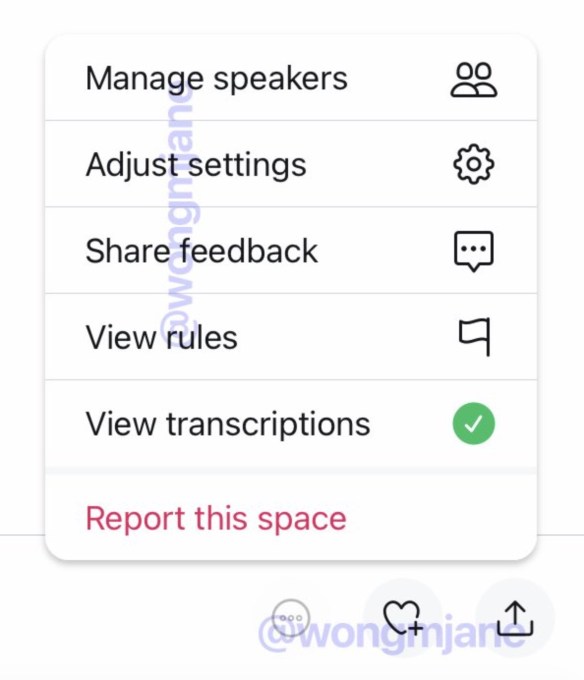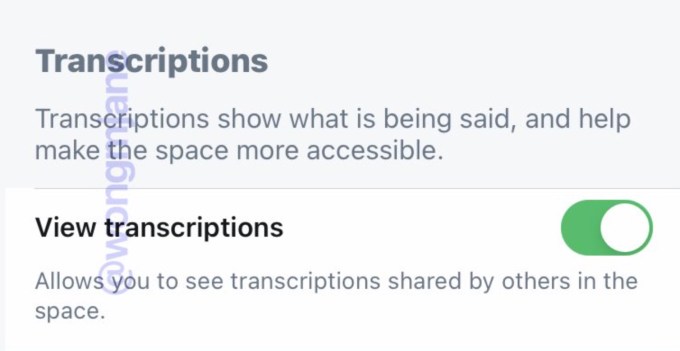Facebook makes a billion-dollar acquisition, we learn more about Twitter’s Clubhouse-style feature and Moderna applies for emergency authorization for its COVID-19 vaccine. This is your Daily Crunch for November 30, 2020.
The big story: Facebook acquires Kustomer for $1B
Kustomer says it can give customer service teams better data and a more unified view of the people they’re interacting with. So with this acquisition, Facebook can improve its offerings for businesses that have a presence (in some cases, their primary digital presence) on the social network.
The terms of the deal were not disclosed, but TechCrunch has confirmed that the deal price was around $1 billion.
Facebook isn’t the only social media company making acquisitions to improve its customer service features. Earlier this month, Snap bought Voca.ai, a startup creating AI-based voice agents for call centers.
The tech giants
Alphabet’s DeepMind achieves historic new milestone in AI-based protein structure prediction — The advance in DeepMind’s AlphaFold capabilities could lead to a significant leap forward in areas like our understanding of disease, as well as future drug discovery and development.
Twitter’s Audio Spaces test includes transcriptions, speaker controls and reporting features — Earlier this month, Twitter announced it would soon begin testing its own Clubhouse rival, called Audio Spaces.
With an eye for what’s next, longtime operator and VC Josh Elman gets pulled into Apple — Elman said he will be focused on the company’s App Store and helping “customers discover the best apps for them.”
Startups, funding and venture capital
HungryPanda raises $70M for a food delivery app aimed at overseas Chinese consumers — HungryPanda makes a Mandarin-language app specifically targeting Chinese consumers outside of China.
Materialize scores $40M investment for SQL streaming database — CEO Arjun Narayan told us that every company needs to be a real-time company, and it will take a streaming database to make that happen.
Curio Wellness launches $30M fund to help women and minorities own a cannabis dispensary — The new fund, started by the Maryland-based medical cannabis company Curio Wellness, aims to help underserved entrepreneurs entering the cannabis market.
Advice and analysis from Extra Crunch
DoorDash aims to add $11B to its valuation during public offering — The delivery platform gave a range of $75 to $85 per share.
Strike first, strike hard, no mercy: How emerging managers can win — Investors at Fika Ventures argue that “Cobra Kai” offers valuable lessons for VC.
The road to smart city infrastructure starts with research — The right technology can upgrade any city, but we need to understand its impacts.
(Extra Crunch is our membership program, which aims to democratize information about startups. And until November 30 — that’s today! — you can get 25% off an annual membership.)
Everything else
Moderna claims 94% efficacy for COVID-19 vaccine, will ask FDA for emergency use authorization today — If granted the authorization, Moderna will be able to provide it to high-risk individuals such as front-line healthcare workers.
FCC Chairman Ajit Pai will step down to make way for the Biden administration — Pai’s tenure has been a controversial one.
Original Content podcast: Just don’t watch Netflix’s ‘Holidate’ with your parents — But if you avoid parental awkwardness, it’s a perfectly adequate holiday-themed romantic comedy.
The Daily Crunch is TechCrunch’s roundup of our biggest and most important stories. If you’d like to get this delivered to your inbox every day at around 3pm Pacific, you can subscribe here.
from Social – TechCrunch https://techcrunch.com/2020/11/30/daily-crunch-facebook-acquires-kustomer-for-1b/
via Superb Summers








